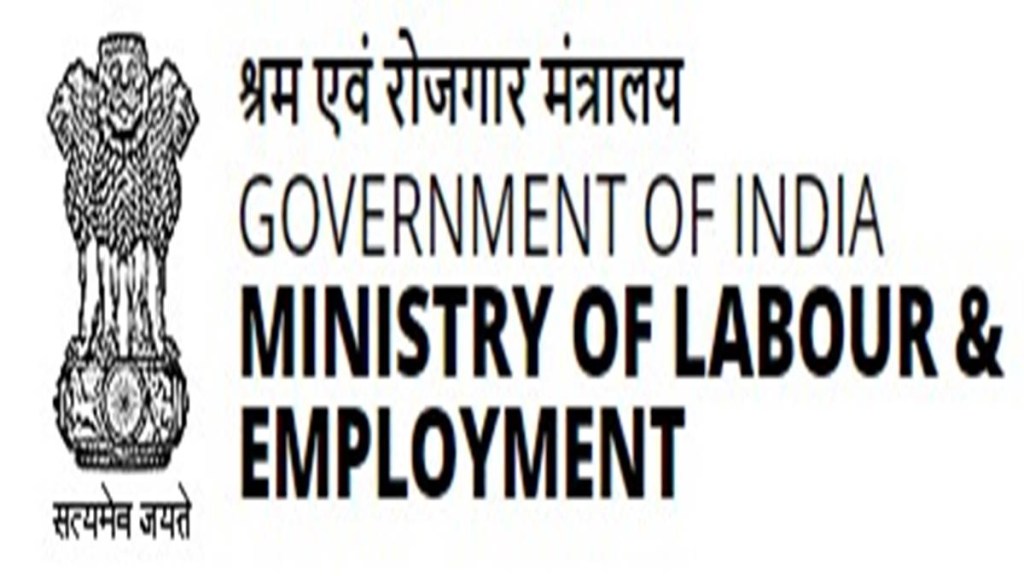As many as 10 trade unions have written to the labour ministry, objecting their exclusion from consultations regarding drafting of a framework on occupational safety and health (OSH) for workplace relating to beedi and cigar workers.
Their primary demand is to hold consultations regarding reintroducing the Beedi Cigar workers’ Welfare Fund as well as the beedi cess, which were repealed post the rollout of the Goods and Services Act, in 2017. The unions say that there are more than 7.5 million beedi workers in India, majority of them being women, and they are all deprived of their fundamental right to welfare.
The ministry in April established a committee — of 12 members — for drafting the standards for the industry.The committee includes only one trade union representative of the Bharatiya Mazdoor Sangh (BMS).
“The government has failed and neglected to involve all the central trade unions, at least those who have beedi and cigar workers unions affiliated to them and has involved only BMS union,” the letter said. “This exercise, while the elections are underway, is against the model code of conduct,” it said.
The signatories of the letter include Hind Mazdoor Sabha (HMS), Indian National Trade Union Congress (INTUC), All India Trade Union Congress (AITUC ), All India United Trade Union Centre (AIUTU), Centre of Indian Trade Unions (CITU), Trade Union Coordination Centre (TUCC), and others.
Harbhajan Singh Sidhu, general secretary, Hind Mazdoor Sabha told FE: “We represent about 600,000 beedi workers. Why are we not being consulted?” Sidhu noted that the repeal of the Beedi Cigar Workers’ Welfare Act in 2017, has had significant repercussions on Beedi and cigar workers, as the cessation of the cess deprived the workers of their safety nets.
The Beedi Cigar Workers’ Welfare Act, 1976, had established a welfare fund, which generated revenue through the beedi cess. The proceeds of the fund were used to finance the workers’ health, education, social security etc. But, post GST rollout, the fund ceased to exist.
Experts say that given the present plight of the beedi, cigar workers, it is imperative for the government to reintroduce a cess which would provide crucial social security to the workers.
“Reintroducing a cess can fund essential welfare programs that provide pensions, health insurance, and education benefits, helping to restore the support system that workers lost when the Beedi Cigar Workers’ Welfare Act was repealed,” said Zeeshan Farooqui, partner, King Stubb & Kasiva.
Adarsh Somani, Partner at Economic Laws Practice (ELP), however, notes that while reintroducing a cess may seem beneficial for enhancing social security, it risks imposing additional compliance burdens and exacerbating bureaucratic complexities. “Instead, the government should explore alternative avenues like budgetary allocations, potentially funded by changes in GST rates for beedi and cigarettes,” he said.
Innovative funding mechanisms and public-private partnerships could also further strengthen support for workers, fostering long-term sustainability and resilience in the industry, Somani suggests.
The committee formed by the labour ministry has been constituted under the provisions of Occupational Safety and Health (OSH) Code, 2020. These codes aim to modernise labour laws and facilitate ease of doing business, though their notification is pending, as industry and trade unions have expressed concerns. “We have to wait and watch as consensus building with states is necessary, as labour is a concurrent subject in the Constitution,” said Rajarshi Dasgupta, Executive Director – Tax, AQUILAW.

